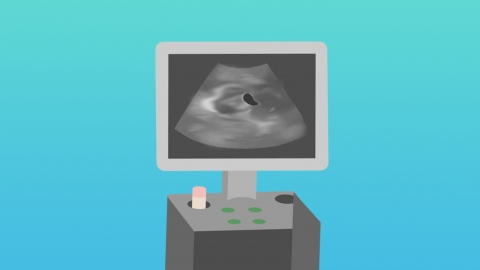What to do when one month pregnant
During the first month of pregnancy, it is important to confirm the pregnancy early and take appropriate care. This can generally be achieved through timely medical examination, adjusting daily routines, optimizing diet, avoiding prohibited activities, and monitoring physical changes. If concerns arise, it is recommended to seek medical consultation in advance. A detailed explanation is as follows:

1. Timely medical examination: Visit a hospital promptly for blood tests and ultrasound examinations to confirm whether the pregnancy is intrauterine, monitor progesterone and HCG levels, and have the embryo's development assessed by a doctor who can provide professional guidance.
2. Adjust daily routines: Ensure sufficient sleep every day, avoid staying up late or overexertion, develop regular作息 habits, reduce physical strain, and provide a stable physiological environment for embryonic development.
3. Optimize diet: Increase intake of high-quality protein, folic acid, and vitamins. Eat more fresh fruits and vegetables, eggs, and dairy products. Avoid raw, cold, spicy, or unclean foods to maintain balanced nutrition.
4. Avoid prohibited activities: Stop engaging in strenuous exercise, heavy physical labor, or exposure to toxic or harmful substances. Stay away from tobacco and alcohol, and do not take medications without medical advice to reduce risks to embryonic development.
5. Monitor physical changes: Pay attention to abnormal symptoms such as abdominal pain, vaginal bleeding, or severe morning sickness. Keep track of bodily reactions to provide detailed information for future medical consultations.
The early stage of pregnancy is a critical period for embryonic development, and it is essential to strictly follow medical advice for proper care. Regular prenatal checkups are necessary, and one should not rely on non-professional parenting advice. If abnormal symptoms or psychological distress occur, timely communication with a doctor is important to ensure a safe pregnancy.









